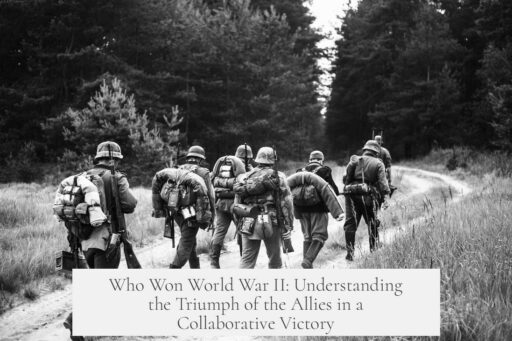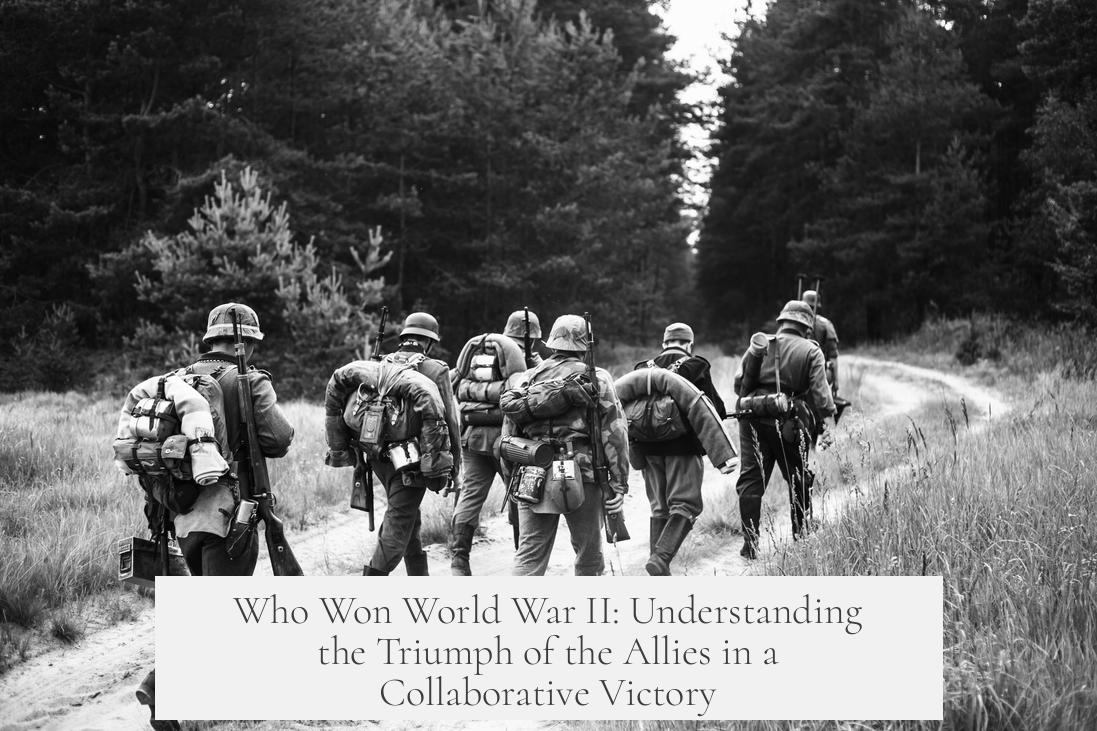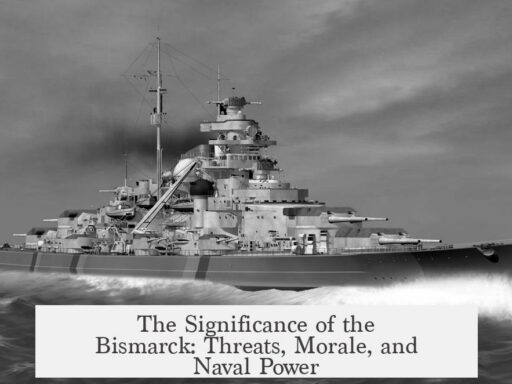The question of who won World War II among the United States, the United Kingdom, and the Soviet Union cannot be attributed to a single nation. All three powers formed a crucial alliance that ultimately defeated Germany, Japan, and Italy. Each played a vital role, making the victory a collective achievement rather than an individual conquest.
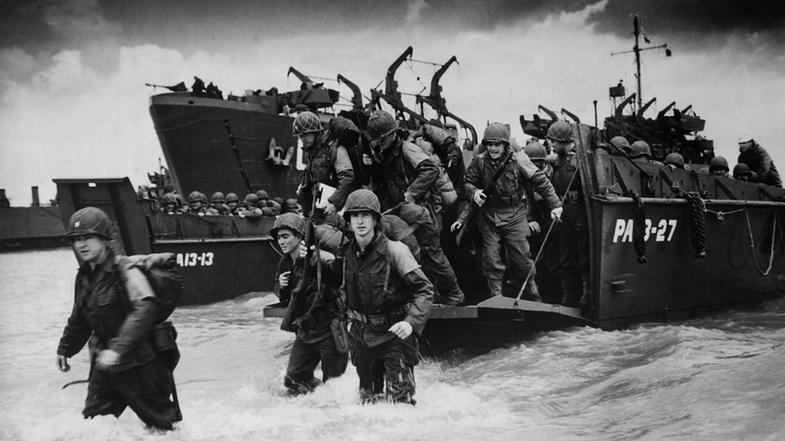
The Soviets bore the brunt of the fighting against Nazi Germany on the Eastern Front. They absorbed the majority of German manpower and engaged in some of the most intense and largest battles in history, such as the Battle of Kursk—the largest tank battle ever fought. Historian Max Hastings notes that 92% of German casualties occurred on the Eastern Front, highlighting the immense cost and scale of Soviet involvement. By fighting on the largest and bloodiest front, the Soviets tied up huge numbers of German troops, effectively breaking Nazi Germany’s military power.
During the war, the Soviet Union rapidly transformed from a primarily agrarian society into an industrialized power able to sustain prolonged combat. This advancement means the USSR emerged as one of the conflict’s biggest winners. Although some argue that the USSR might have eventually defeated Germany without British involvement in Europe, Soviet forces likely would have struggled against Japan in Asia without Allied cooperation.
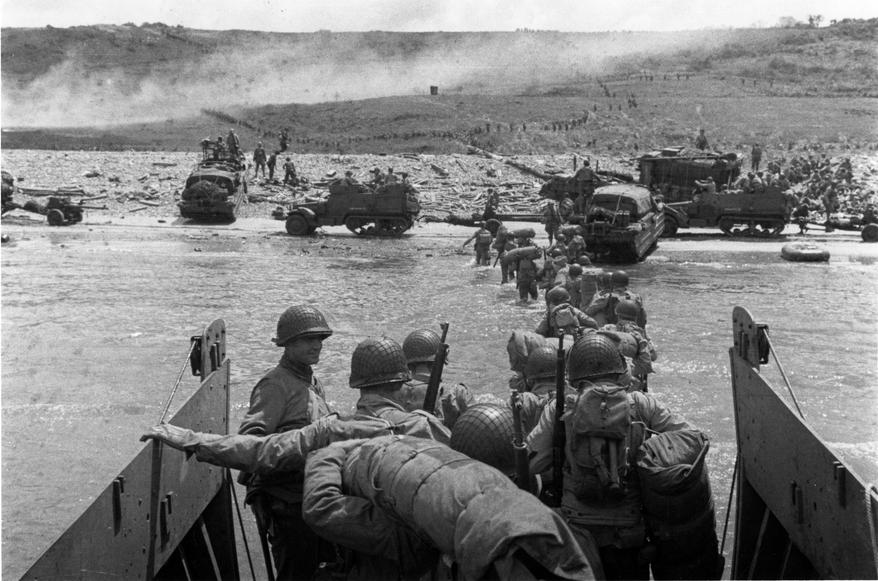
The United States provided critical economic and material support. Its industrial might enabled it to fight on two fronts—both in Europe and the Pacific—while supplying massive amounts of weapons, vehicles, and food to Allied nations. The US Lend-Lease program was especially important to the Soviet war effort, providing desperately needed supplies that helped prevent famine and sustain the Red Army. The monetary and logistical backing from the US also turned the tide in favor of the Allies. Post-war, the US emerged as a dominant military and economic power, largely unscathed by destruction, thereby gaining substantial influence globally.
Meanwhile, the United Kingdom, supported by its Commonwealth, played an essential strategic role. British forces disrupted German industry and drew German troops into multiple theaters like North Africa. The Royal Navy’s dominance helped control sea lanes and ensured supply lines remained open. British intelligence successes, including breaking German codes, were vital for planning major campaigns such as D-Day, which relied heavily on Britain’s military and logistical support.
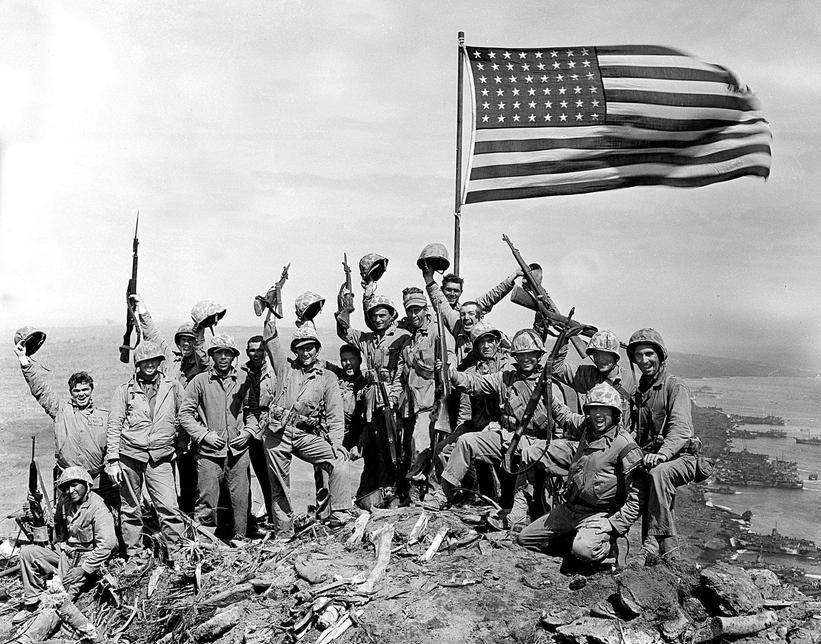
The Allied victory depended on the interdependence of these forces. Removing any of the major powers would have prolonged the war, increased casualties, and possibly changed outcomes. Allied invasions in Western Europe diverted German resources away from the East, aiding Soviet advances. Similarly, American resources and fighting power relieved pressure on the Soviets, while British naval and intelligence efforts supported the entire alliance.
Counterfactual scenarios suggest that if the US had not entered the war, Germany’s defeat might have taken longer but was not impossible. The USSR’s massive manpower and industrial growth made German defeat plausible even without Western aid, though at potentially higher costs. Criticism of US-centric narratives points out that the US joined the conflict later and benefited disproportionately in post-war influence, but it did not single-handedly win World War II. The combined effort of Soviet, British, Canadian, and other Allied forces, alongside resistance fighters, was indispensable.
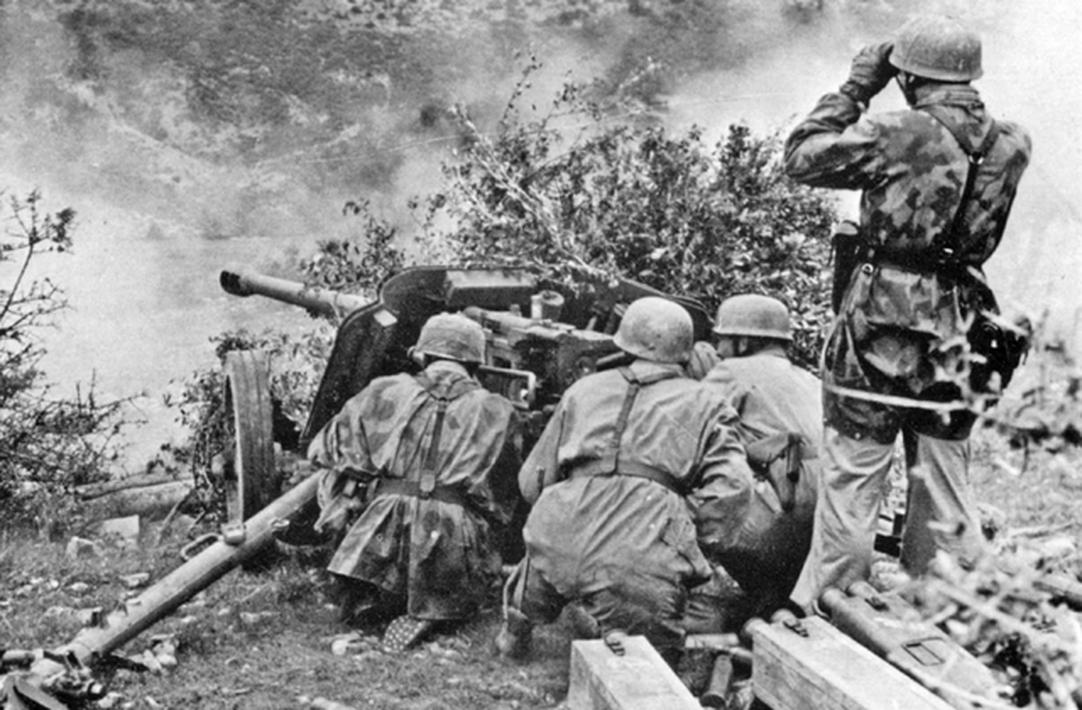
The Allied bombing campaigns against Germany also affected the war’s outcome. Although Germany’s war production increased as factories relocated underground, bombing forced Germany to divert resources to repair damaged infrastructure, cutting into its raw materials supply and weakening the war machine.
Evaluating victory depends on metrics. If counting casualties inflicted or frontlines broken, the Soviets stand foremost. If economic and industrial supremacy counts, the US led. If strategic resilience and early resistance matters, the British made critical contributions. One author summarized: Britain were the heroes who fought early, the Soviets fought the harshest battles, and America won the war by tipping the scales decisively.
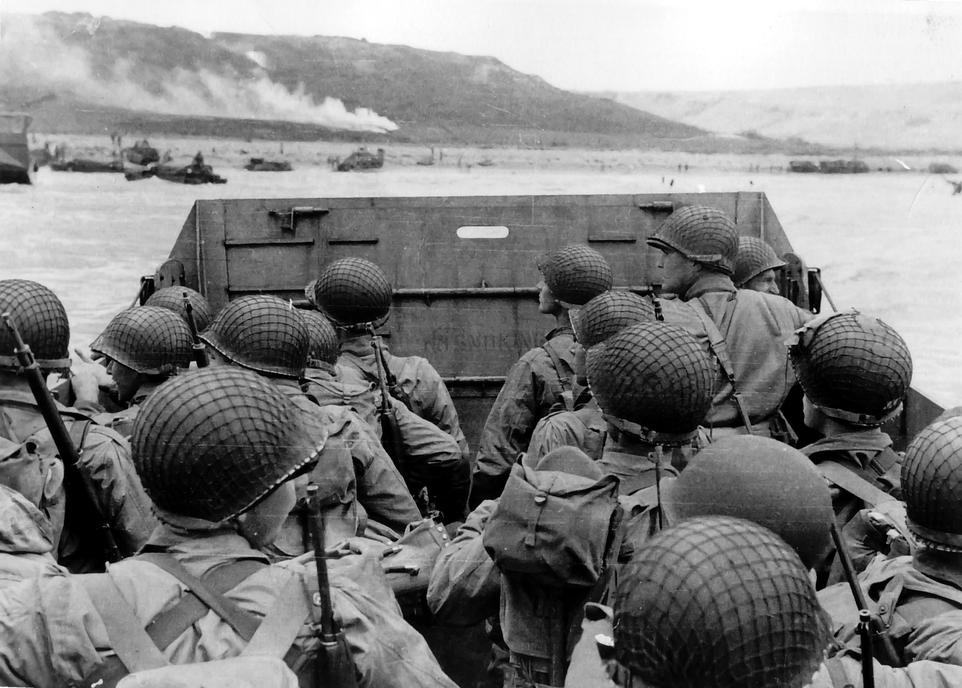
- Allied victory was a collective achievement of the US, UK, and USSR.
- The Soviet Union carried the heaviest combat load on the Eastern Front.
- The United States provided crucial material aid and fought on multiple fronts.
- The United Kingdom’s strategic, naval, and intelligence contributions were vital.
- The war’s outcome depended on the interdependence of all three powers.
- No single country won alone; each had unique roles and impacts.
Who Won WW2: US/UK or Russia? The Real Story Behind an Epic Alliance
Who won World War II? It’s a question loaded with passion, controversy, and sometimes national pride-fueled debates. The short answer: Allied victory was a combined effort by the US, UK, and USSR, making them all winners in their own right. But the story is rich and complex, loaded with details that reveal how intertwined their fate was. So let’s unpack this tangled history with some facts and a dash of clarity.
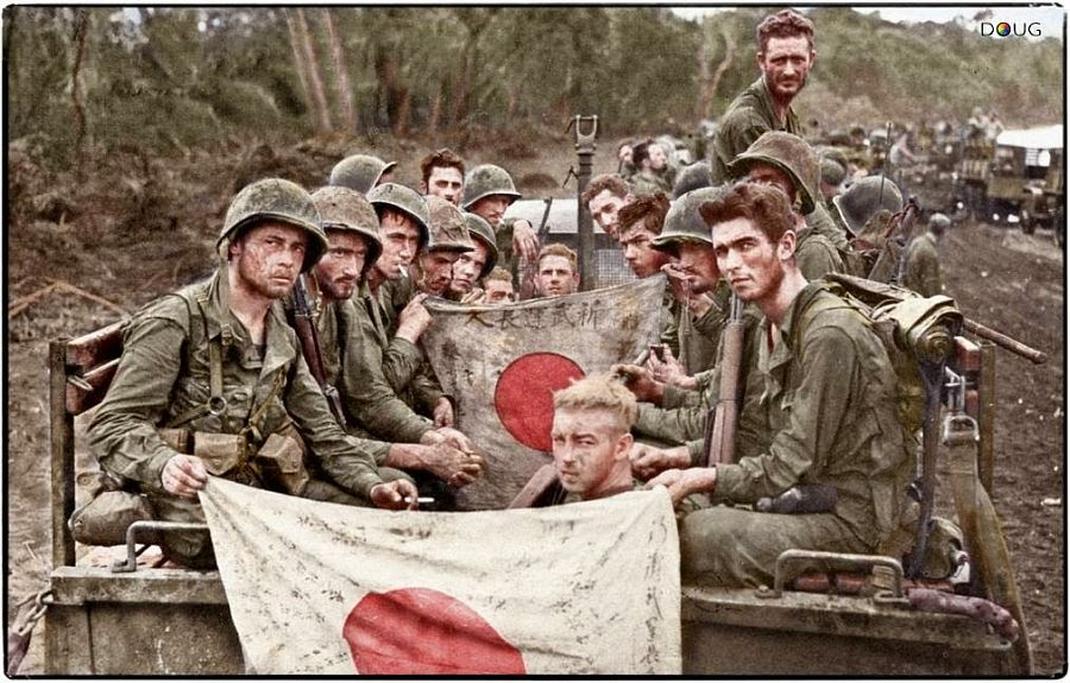
The Power of Partnership: Victory Was Collaborative
The US, UK, and the Soviet Union (not just Russia!) were locked in a common struggle, opposing the Axis powers of Germany, Japan, and Italy. None of the Allies could have won alone.
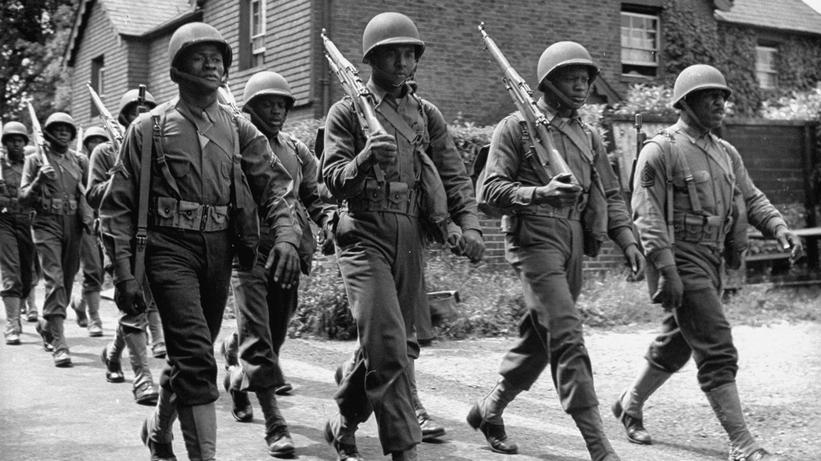
Imagine a three-legged race; take away one leg, and… well, you fall flat. The victory belongs to all of them. All three powers played vital roles—each essential, none merely side players. Without their alliance, the outcome would have been very different.
The Soviet Union: Heavy Hitters on the Eastern Front
When it came to brutal, intense combat, the Soviet Union was the powerhouse. They fought the biggest and bloodiest part of the war—the Eastern Front. Just consider this: 92% of German casualties happened there. That’s a staggering number.
The Battle of Kursk alone, the largest tank battle in history, involved more soldiers than the entire Western Front. The USSR really did the heavy lifting against Hitler, absorbing the bulk of Axis manpower and breaking Nazi Germany’s back.
It wasn’t just battlefield heroics. The war propelled the Soviet Union from a largely agrarian state into a modern industrialized nation, arguably positioning them as big winners by geopolitical and economic measures.
Some historians argue that even without the UK’s involvement, Russia might have eventually won in Europe, although their participation in Asia might have been limited. This could have allowed Japan more time to consolidate control in China.
The United States: The Arsenal of Democracy and More
The US didn’t just shoot bullets and drop bombs; they bankrolled and supplied the entire Allied effort. With unmatched industrial output, the US produced weapons, vehicles, and supplies crucial for multiple fronts.
American Lend-Lease aid was critical to the USSR’s survival. Without the food and goods supplied, the Soviet Union might have faced famine because Germany seized much of their farmland. So, the USSR kept fighting partly thanks to American generosity.
Moreover, the US took on significant campaigns in the Pacific, engaging Japan head-on. They fought a two-front war and, unlike other Allies, emerged from the conflict relatively unscathed, becoming a dominant military and political power.
It’s fair to say that while all Allies won, the US came out with the most influence and advantage in the post-war world.
The United Kingdom and the Commonwealth: The Early Defenders
Before the US joined the war, it was Britain—and its Commonwealth partners like Canada and Australia—that stood firm. The UK’s navy was huge, guarding the seas and keeping Germany’s industrial power in check.
The Battle of Britain was a makes-or-break moment, stopping a Nazi invasion and enabling the possibility of D-Day. British intelligence cracked German communications, providing the Allies with crucial insights.
Moreover, British forces, along with Commonwealth countries, tied down German troops in key regions, such as North Africa, which eased pressure on the Soviet front.
Interdependence: No Lone Heroes Here
Remove any one of these key players, and victory would have taken far longer, cost more lives, or perhaps not been achieved in the same way. The bombings by the Allies, for instance, sucked up German resources, hindering their ability to concentrate forces against the Soviets.
Despite the Eastern Front being so crucial, the West’s pressure prevented Germany from funneling all troops eastward. American and British invasions and threats were essential in dividing German attention and forces.
So, no single nation “won” World War II. Each was vital. Taking one out would have shifted balance unfavorably for the cause.
What If the US Didn’t Join? A Counterfactual Reflection
Some wonder, “What if the US hadn’t entered WWII?” Most historians believe Germany’s defeat would still have happened but would have dragged on. Possibly, Germany would have held out for another brutal winter or two. The big picture might have become a bloodier, longer fight.
This scenario doesn’t diminish the US role—it highlights how the various fronts supported each other, speeding up victory.
On Narratives: The US-Centric Storyline
Popular culture often credits the US for “winning” the war, but that’s an oversimplification and somewhat unfair. The US entered late and indeed contributed immensely, but they didn’t act alone nor do the heavy relentless fighting the Soviets did, nor the early resistance of Britain and their allies.
It’s the combined efforts of Russian, British, Canadian, and other Allied forces —plus millions of resistance fighters—that pulled off this monumental victory.
The Impact of Allied Bombing Campaigns
The Allied air offensive devastated German cities and infrastructure. Although German war production rose late in the war, relocating factories underground, the bombing crippled Germany’s raw materials supply—especially oil and metals.
This shortage meant that despite having functioning factories, Germany struggled to produce weapons, aiding the Soviet advance. The bombing forced Germany to divert precious resources to defense and repairs, easing pressure on other fronts.
Winning in Different Ways
How do you define “winning” World War II? Is it about who took the most ground? Who inflicted the most casualties? Who emerged economically stronger?
One author summarized it well: Britain were the heroes who fought from the start, the Soviets shouldered the harsh battles, and America won the post-war peace. This trio perspective reminds us that victory comes in many forms, not just battlefield glory.
In Conclusion: The Trio That Changed History
So, who won World War II?
Answer: The US, UK, and the USSR all won — each in indispensable ways. The victory was a perfect storm of alliance, strength, and sacrifice from all three.
The Soviets bore the brunt of blood and fire, breaking the Nazi war machine on the Eastern Front. The US supplied immense industrial might and fought key battles on two fronts, helping to finance and supply allies. Britain stood firm early on, defended her skies, and coordinated critical intelligence that made major operations like D-Day possible.
They were teammates, not rivals. History’s lesson is that victory in World War II was a team effort—no MVPs here, just a relentless coalition.
Next time you hear someone claim any single country “won” the war, remember: it was a combined effort. Allies won or lost together.
Now, what do you think? Can any one nation really be crowned the sole winner in a war this complex? Or is it better to see history as proof that unity beats isolation every time?
